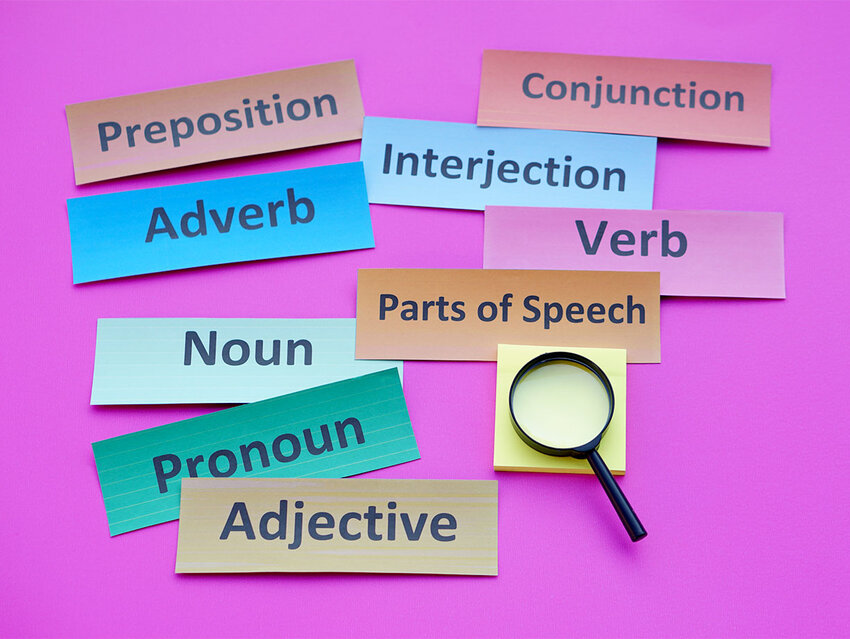
Amphibology
[am-fə-BOL-ə-jee]
Part of speech: noun
Origin: Old French, 14th century
1.
A phrase or sentence that is grammatically ambiguous, such as “She sees more of her children than her husband.”
Examples of Amphibology in a sentence
"Avoid accidental amphibology by using an Oxford comma, such as in the list of actions ‘eats, shoots, and leaves,’ instead of the ambiguous list ‘eats, shoots and leaves.’"
"I was alarmed by an amphibology in my adviser’s letter of recommendation, because an ambiguous statement could be misread."
About Amphibology
“Amphibology” is based on the Old French “amphibologie,” from the late Latin “amphibologia,” meaning “ambiguous.”
Did you Know?
An amphibology (to be distinguished from “amphibiology,” the study of amphibians) is a statement that can be misread because it contains ambiguous language or words with multiple definitions. For example, in “Jury sentences defendant to six months in stolen trophy case,” it’s clear that there is a legal case regarding a stolen trophy, yet “trophy case” is a common term in an entirely different context, so it turns the statement into an amphibology. The same is true of “Last night I was surprised by a guest in my bathrobe.” This amphibology could be interpreted to mean that the guest was wearing the bathrobe — surprising indeed.








